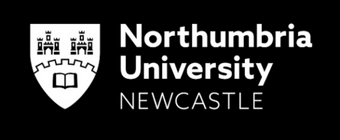The Biology degree offers a broad and deep understanding of the scientific principles of the study of living systems and an introduction to the key issues associated with rapid advances in biotechnology, biomedicine, and environmental technology.
It also offers flexibility as you can opt for a specialist pathway of study after your first year - meaning you can either continue with your BSc Biology degree, or choose to specialise in biotechnology or neurobiology.
Whichever pathway you choose, there’ll be opportunities for practical work and the chance to apply your knowledge in real-world situations, which can include a sandwich year work placement, study abroad option or through work-related training in industry. This means the course is ideal for anyone considering a career in biosciences, or as a foundation for further study at postgraduate level. As a graduate, you’ll leave with subject-specific knowledge, practical laboratory skills, research skills and more; enabling you to make informed contributions to the understanding of what underpins life here on earth.














